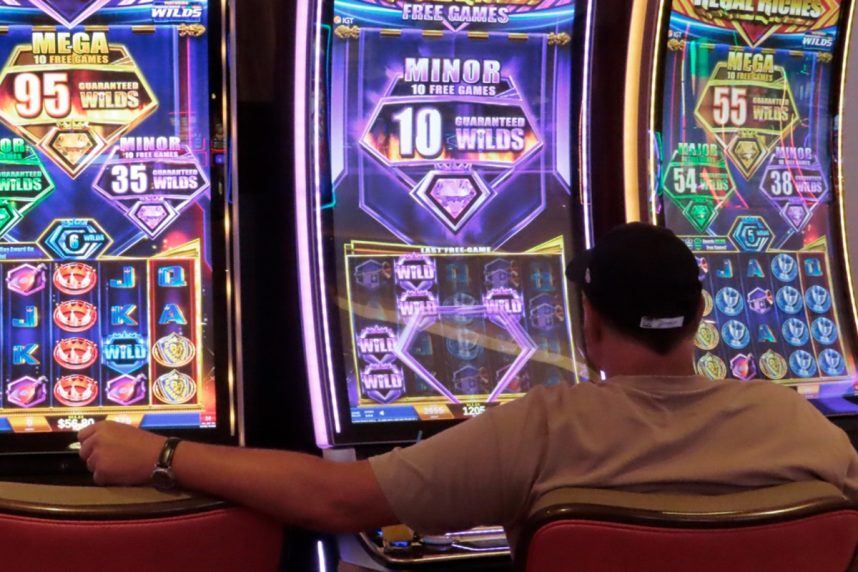Posted on: December 19, 2024, 05:28h.
Last updated on: December 19, 2024, 05:28h.
On Wednesday, New Jersey Attorney General Matthew Platkin and the state’s Division of Gaming Enforcement (DGE) announced an expansion to the program designed to assist problem gamblers in limiting their access to casinos in Atlantic City.

The DGE, which regulates all forms of commercial gambling in New Jersey aside from the state-run lottery, in 2001 established a self-exclusion program where people can voluntarily exclude themselves from gambling inside Atlantic City casinos. A separate self-exclusion program for online gambling was established in 2013 and expanded in 2018 to include internet sports betting.
Over the past two decades, the original self-exclusion program has required an individual to complete their self-exclusion registration by visiting one of the brick-and-mortar casinos down the shore or by scheduling an online video consultation with a DGE representative.
Effective immediately, Platkin and the DGE have established an easier, more confidential way to enroll that eliminates the need to register in person or endure a video call. The program has been upgraded to allow online self-exclusion with a user-friendly portal that can be accessed 24/7.
Online Registration
Platkin and the DGE worked to develop the new online registration process that they say improves confidentiality and flexibility for those seeking to prohibit themselves from casinos.
While gambling can be fun for some, it is not for everyone, and I’m committed to helping those who want a more proactive approach to managing their gaming,” said Platkin. “Expanding our self-exclusion portal makes it easier for those who wish to prevent their entry to a casino to do so.”
If preferred, individuals still have the option to self-exclude in person and via video conference. But Platkin and the DGE believe more people will be inclined to self-exclude with the convenience of the online route.
Making the self-exclusion process more accessible is a critical step in our ongoing commitment to responsible gaming,” added DGE Interim Director Mary Jo Flaherty. “This new online option empowers individuals with a private and efficient way to make decisions about their habits, ensuring they have the resources they need to prioritize their well-being.”
The online platform now accommodates self-exclusion enrollment for iGaming only and for both brick-and-mortar casinos and internet gaming.
Self-Exclusion Key Responsible Gaming Tool
Gambling counselors and responsible gaming advocates say self-exclusion is among the best ways an individual with a gambling problem can limit the consequences of their disorder.
There are no medications approved by the U.S. Food and Drug Administration to fight or lessen a gambling disorder. Gambling addiction specialists say the best course of treatment is to combine integrated therapy and for the individual to exclude themselves from gaming. Enrolling in a self-exclusion program, whether it be for a year, five years, or life, shows a commitment to overcoming the gambling problem and limits the chances of relapse, such experts say.
Most legal gaming markets in the U.S. require that casinos and online gaming operators offer responsible gaming tools. They include allowing a customer to set limits on how long they play, how much they risk, how much they lose, and how often they can make deposits.

